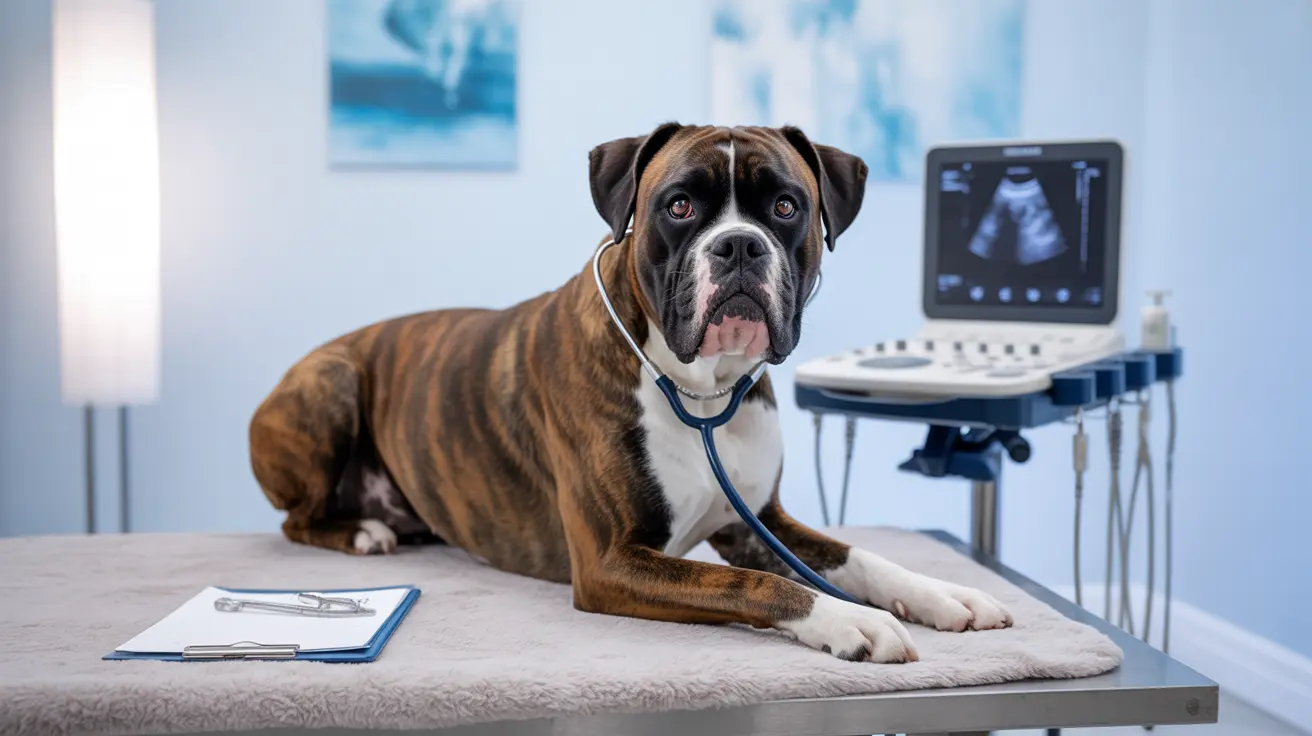Cholangiohepatitis in dogs is a complex inflammatory condition that affects both the liver and bile ducts, potentially leading to serious health complications if left untreated. While relatively rare in dogs compared to cats, this condition requires prompt medical attention and careful management to ensure the best possible outcome for affected pets.
In this comprehensive guide, we'll explore the causes, symptoms, diagnosis, and treatment options for cholangiohepatitis in dogs, helping pet owners better understand this challenging condition and recognize when to seek veterinary care.
Understanding Cholangiohepatitis in Dogs
Cholangiohepatitis occurs when inflammation affects both the liver tissue (hepatitis) and the bile ducts (cholangitis). This dual inflammation can significantly impact your dog's digestive system and overall health, as the liver plays a crucial role in numerous bodily functions, including toxin removal, protein synthesis, and bile production.
Common Causes and Risk Factors
Several factors can contribute to the development of cholangiohepatitis in dogs:
- Bacterial infections (most common cause)
- Viral infections
- Gallbladder obstruction
- Pancreatitis
- Inflammatory bowel disease
- Diabetes mellitus
- Cushing's disease
In some cases, the exact cause remains unknown, which veterinarians refer to as idiopathic cholangiohepatitis.
Recognizing the Signs and Symptoms
Early detection is crucial for successful treatment. Watch for these common symptoms:
- Lethargy and decreased activity
- Vomiting (present in over 70% of cases)
- Loss of appetite
- Weight loss
- Jaundice (yellowing of skin and eyes)
- Abdominal pain or swelling
- Fever
- Increased thirst and urination
- Pale gums
Diagnosis and Testing
Veterinarians use multiple diagnostic tools to confirm cholangiohepatitis:
- Comprehensive blood work
- Liver enzyme tests
- Abdominal ultrasound
- Liver biopsy and culture
- X-rays
- Urinalysis
Treatment Approaches
Treatment typically involves a multi-faceted approach:
Immediate Medical Intervention
- Broad-spectrum antibiotics
- Intravenous fluid therapy
- Anti-inflammatory medications
- Pain management
Long-term Management
- Immunosuppressive therapy (if needed)
- Liver support supplements
- Special dietary modifications
- Regular monitoring and check-ups
Prevention and Ongoing Care
While not all cases of cholangiohepatitis can be prevented, certain measures can help reduce risk:
- Regular veterinary check-ups
- Prompt treatment of underlying conditions
- Maintaining a healthy diet
- Managing concurrent health issues effectively
Frequently Asked Questions
What are the common symptoms of cholangiohepatitis in dogs that pet owners should watch for?
The most common symptoms include lethargy, vomiting, decreased appetite, weight loss, and jaundice. Some dogs may also show signs of abdominal pain, fever, and increased thirst and urination.
How is cholangiohepatitis diagnosed in dogs, and what tests are involved?
Diagnosis typically involves blood work, liver enzyme tests, abdominal ultrasound, and often a liver biopsy. Additional tests may include X-rays and urinalysis to rule out other conditions.
What causes cholangiohepatitis in dogs, and are certain breeds or ages more at risk?
The primary causes include bacterial infections, viral infections, and underlying conditions like pancreatitis or inflammatory bowel disease. While any dog can develop the condition, middle-aged to older dogs may be more susceptible.
What treatment options are available for dogs diagnosed with cholangiohepatitis?
Treatment typically includes antibiotics, anti-inflammatory medications, fluid therapy, and supportive care. Long-term management may involve special diets, liver supplements, and regular monitoring.
Can dogs fully recover from cholangiohepatitis, and what is the typical prognosis?
Many dogs can recover with appropriate treatment, though the prognosis depends on the underlying cause and severity of the condition. Early diagnosis and aggressive treatment generally lead to better outcomes.
Understanding cholangiohepatitis in dogs is crucial for proper management and care. If you notice any concerning symptoms in your pet, don't hesitate to contact your veterinarian for proper evaluation and treatment.






